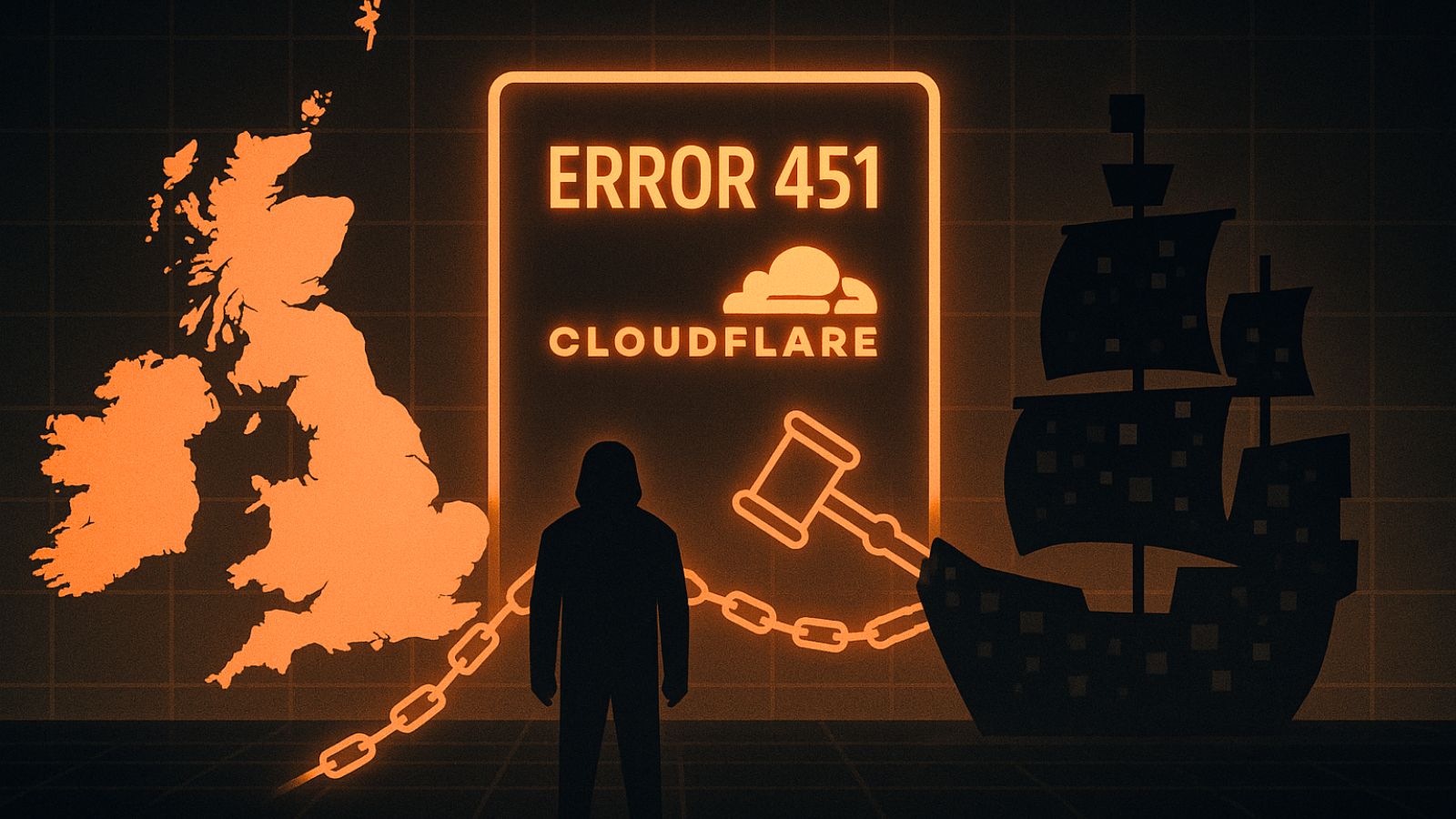
Filmmakers in North America Get Serious About Targeting Casual Pirates
- Casual pirates in North America are finding serious legal trouble for torrenting movies.
- Filmmakers are not willing to take it anymore, and they are seeking monetary relief.
- Most of the pirates ignore or choose not to respond to the relevant settlement proposals.
It looks like movie-making studios and film distributors in the United States and Canada are now getting very serious about the prospect of forcing casual pirates to pay them damage compensation. We have seen the signs of this shift in focus quite a few times recently, and the recent news leave no doubts about it.
The first case involves the copyright holders who got identification details directly from the YTS platform. These entities are now going against three Colorado residents, namely Stephen Moody, William Nelson, and Ty Tidwell. These pirates registered on YTS using vague email addresses and even VPN tools to connect to the pirate service, but somehow, they were still identified.
The filmmakers proposed a settlement of $1,000 for each, but the infringers ignored their letters. So, they’re now back with a formal complaint filed in the District Court of Colorado.
The second case concerns 841 Canadian pirates who downloaded the film “The Outpost.” According to the mass lawsuit filed by ‘Outpost Productions Inc.,’ the defendants took part in BitTorrent swarms that shared the particular movie. Their IP addresses were recorded by their internet service provider(s), who handed this information to Outpost Productions.
Allegedly, the filmmaker warned these people via notices, and then monitored their online activity only to find out that they were still sharing the protected content. In some cases, even weeks later, denoting that these users were basically “seeders.” Outpost Productions then sent a second notice to them, which the recipients failed to respond to, and thus the company decided to take legal action against them.
Related: Police in India Arrested Youngster for Uploading TV Shows on YouTube
As for the case of how IP addresses can be confidently linked to the actual infringer, the lawsuit claims that when the logs show repeated violations, the owner of the line should know about what’s going on. Since ISP logs include dates and times, the customers are in a position to determine who the violator is.
Now, what remains to be seen is if any of these people were using VPNs to connect to the swarm, if any of them will appear in court to defend themselves, and if the court will accept the plaintiff’s IP address as a strong linkage to the customer’s identity. The statement of claim mentions a maximum monetary relief of $50,000, so it will be interesting to see what the Toronto court judge decides on that part as well.











